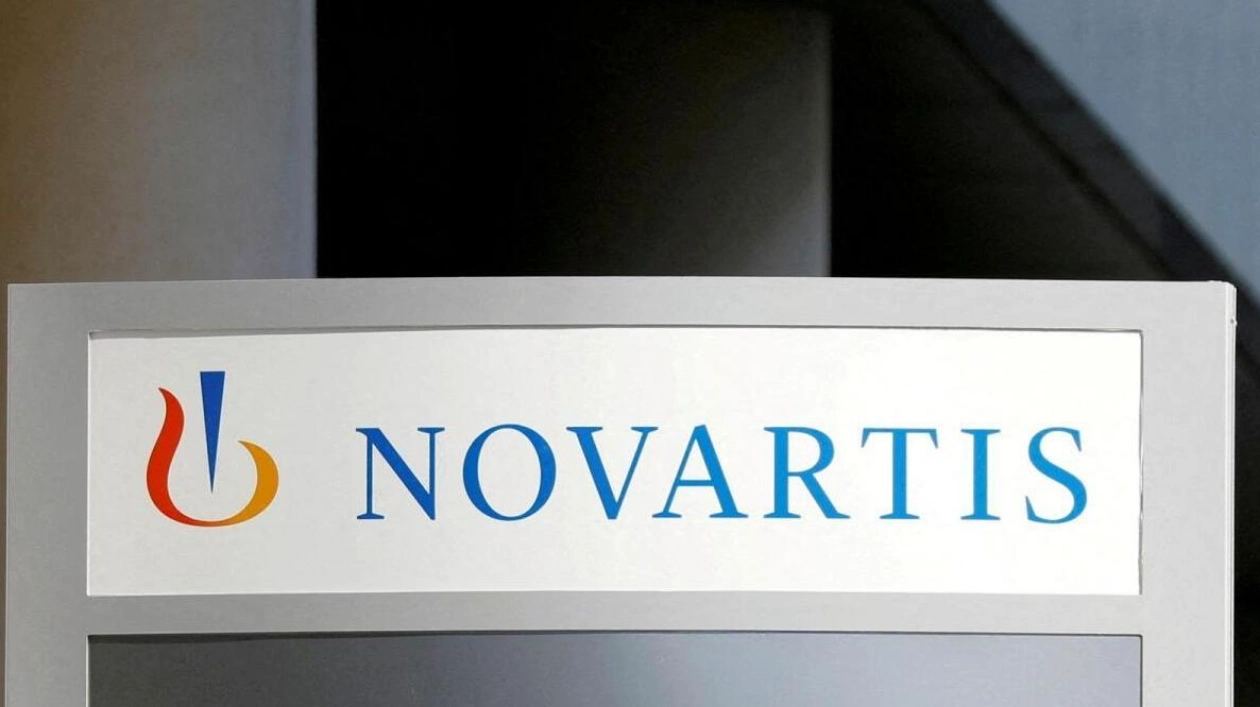The US Food and Drug Administration has greenlit the use of Novartis' medication to decrease excessive protein in the urine of patients suffering from a specific kidney ailment, according to the health authority's online portal on Wednesday.
The medication, known as Fabhalta, has already been sanctioned for treating adults with paroxysmal nocturnal hemoglobinuria, a rare blood condition. With this new approval, Novartis' product has entered the IgA nephropathy (IgAN) sector and will vie with Swedish pharmaceutical company Calliditas' Tarpeyo and Travere Therapeutics' Filspari.
IgAN, predominantly affecting young adults, arises when clusters of antibodies accumulate in the kidneys, leading to inflammation and damage to their minute filtering components. Guggenheim analyst Vamil Divan estimates the IgAN market to be worth $10 billion as more therapies become available. The FDA's recent approval was grounded on a late-phase study where Fabhalta demonstrated a 43.8 percent decrease in proteinuria compared to a placebo.
Proteinuria, which is an excess of protein in the urine, can indicate improper kidney filtration. The Swiss pharmaceutical giant is also advancing two other experimental medications—zigakibart and atrasentan—for IgAN treatment. The IgAN market opportunity is more closely linked to these two drugs than Fabhalta, Divan had previously informed Reuters before the FDA's decision.
Otsuka and Vera Therapeutics are also developing treatments for the disease. In April, Vertex Pharmaceuticals sealed a $4.9 billion agreement with Alpine Immune Sciences, securing access to its experimental IgAN drug.






